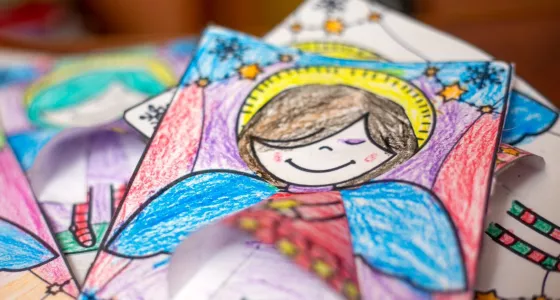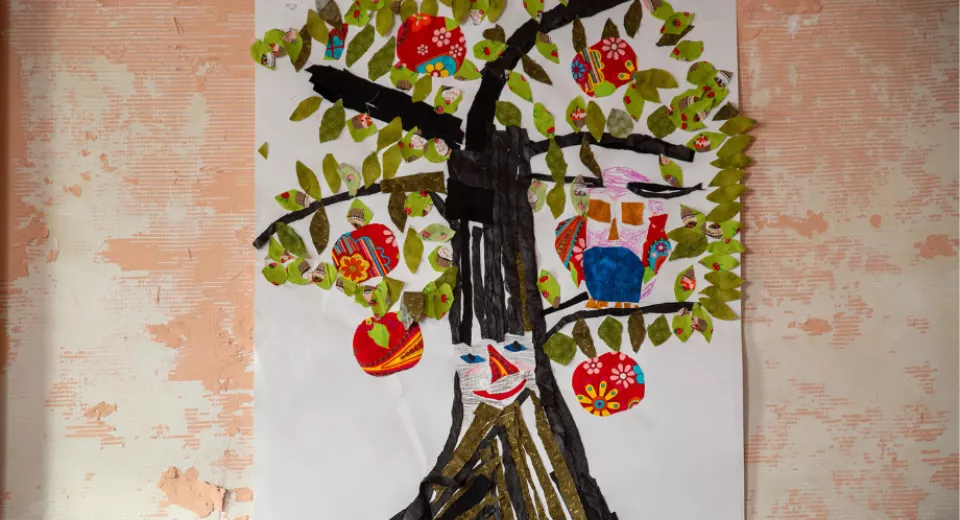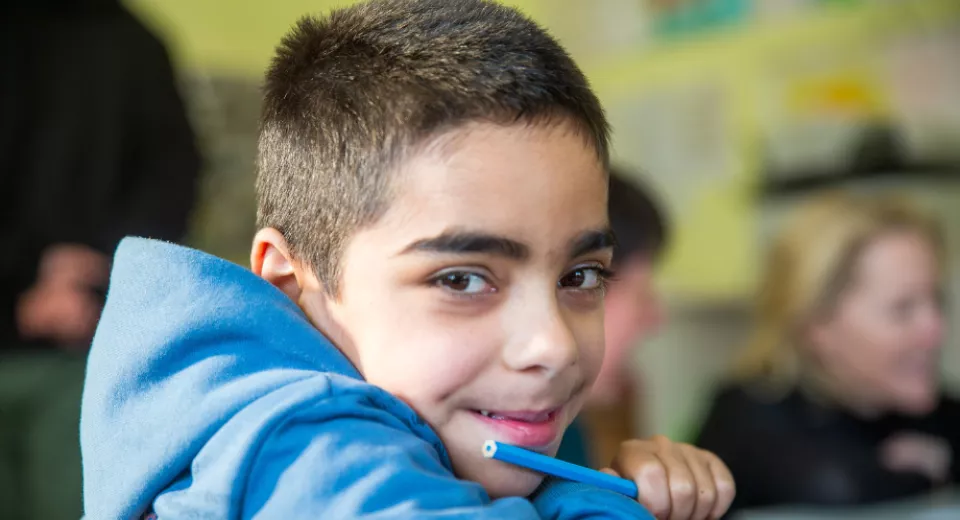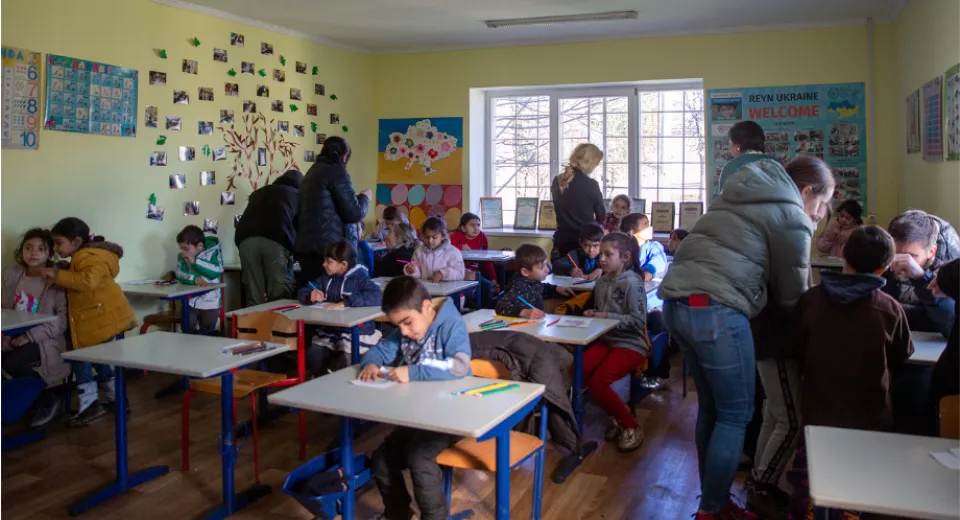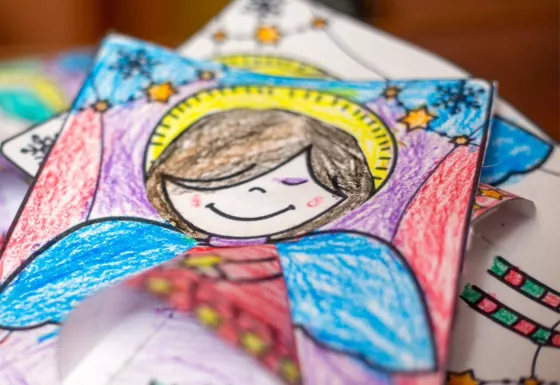Even before the war, the Roma community faced significant challenges, including discrimination, poverty, and limited access to education, healthcare, and social services.
Many families lived in informal settlements, lacking basic infrastructure and utilities, and faced constant threats of eviction and forced displacement.
The war has exacerbated these issues.
Like so many people in Ukraine, many Roma families have been forced to flee their homes due to the conflict, with some seeking refuge in other parts of Ukraine or in neighbouring countries.
However, the Roma community face additional challenges.
It was reported that many struggle to access safe passage, due to a lack of documentation, or cases of discrimination noted at the border. There are also reports of cases of discrimination in the allocation of basic humanitarian assistance in some countries hosting and receiving refugees.
War Child’s Cash and Livelihoods Advisor, Tiara Ataii discusses this further in an article in Tribune.
The conflict has made it more difficult for the Ukrainian government and international organisations to address the socioeconomic challenges faced by the Roma community. As a result, the Roma community in Ukraine, particularly those in conflict-affected areas, remain among the most vulnerable and marginalised groups in the country.
That’s why War Child’s work is so important.
During war, the most vulnerable are often those who are impacted first. War Child prioritises the most marginalised and those most unlikely to have services accessible to them to ensure that no child is left behind.
Through our partners, War Child are actively supporting the Roma community by funding shelters for internally displaced persons, rebuilding schools and creating safe spaces for families.
For example, a renovated school in Western Ukraine has become a safe space for Roma families. When the war started, it sheltered 90 parents and children, and now serves as a space for educating children who have not had access to schooling before.
With War Child’s support children are catching up on the vital education they missed in their early years, like learning the alphabet.

